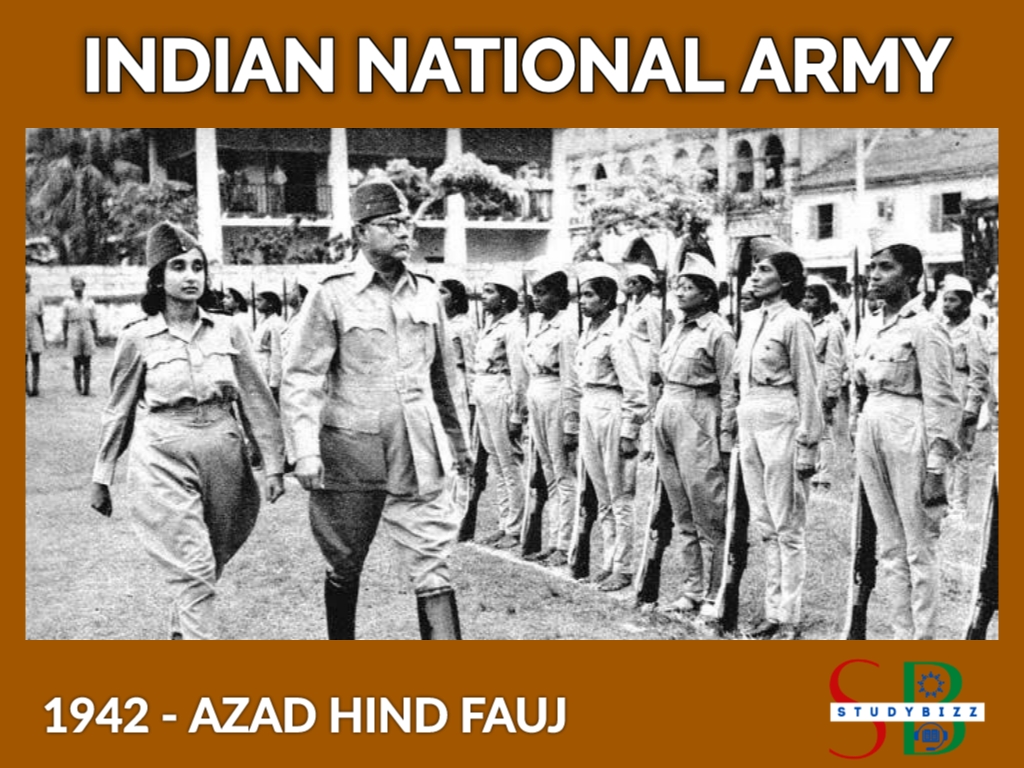Congress Socialist Party (1934)
The Congress Socialist Party (CSP) was a socialist political organization in India, active from the 1930s to the 1950s. It was established as a left-wing faction within the Indian National Congress (INC), the largest and most influential political party in India during the independence movement. The CSP was founded by a group of socialist leaders, including Jayaprakash Narayan, Acharya Narendra Dev, and Minoo Masani, who sought to bring a socialist perspective to the Congress’s struggle for independence.
The CSP was founded in 1934 as a result of growing discontent among left-wing Congress members with the party’s lack of attention to economic and social issues. The CSP sought to address these issues by promoting a socialist agenda within the Congress, with a focus on issues such as land reforms, workers’ rights, and the elimination of social and economic inequalities.
The CSP was active in the Congress-led independence movement and played a significant role in the struggles for social and economic justice in India. Its members were involved in mass movements and demonstrations, such as the Anti-Untouchability Movement and the peasant uprisings in Telangana and Andhra Pradesh. The CSP also played a key role in organizing the All India Trade Union Congress and the All India Kisan Sabha, two important organizations that represented workers and peasants in India.
Despite its contributions to the independence struggle and its efforts to bring a socialist perspective to the Congress, the CSP faced opposition from both the Congress and the Communist Party of India. The Congress, which was dominated by moderate and right-wing elements, viewed the CSP as a leftist faction that threatened its unity and stability. The Communist Party of India, on the other hand, criticized the CSP for its close association with the Congress and for its lack of commitment to revolutionary change.
Despite these challenges, the CSP continued to be active in Indian politics throughout the 1930s and 1940s. However, in the post-independence period, the CSP faced a decline in its influence and membership. This was due in part to the changing political landscape in India, with the emergence of new political parties and the decline of the Congress as the dominant political force. The CSP also faced internal divisions and a lack of clear direction, which contributed to its decline.
In conclusion, the Congress Socialist Party was an important political organization in India during the independence movement and the early years of independence. It sought to bring a socialist perspective to the Congress’s struggle for independence and played a significant role in the struggles for social and economic justice in India. Despite facing opposition from both the Congress and the Communist Party of India, the CSP remained active in Indian politics for several decades. However, its influence declined in the post-independence period due to changing political circumstances and internal divisions. Nevertheless, the CSP’s legacy continues to inspire leftist and socialist political movements in India.





Leave a Reply